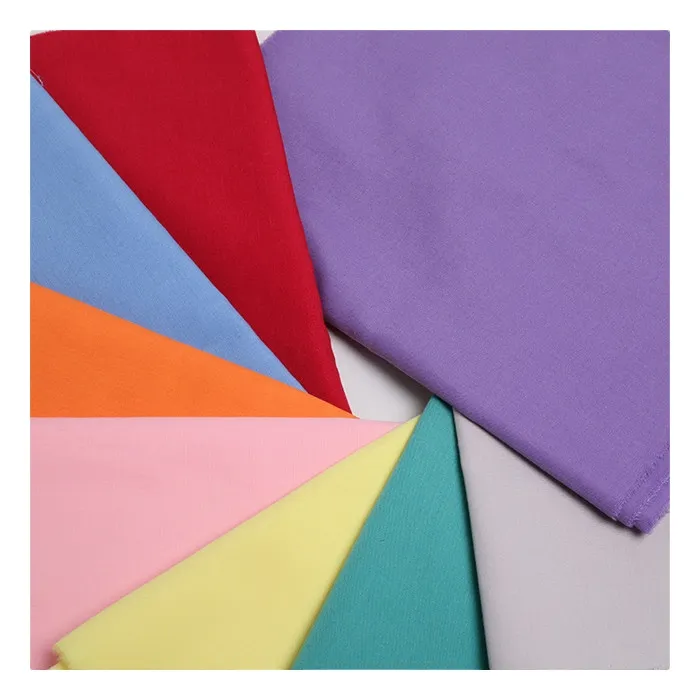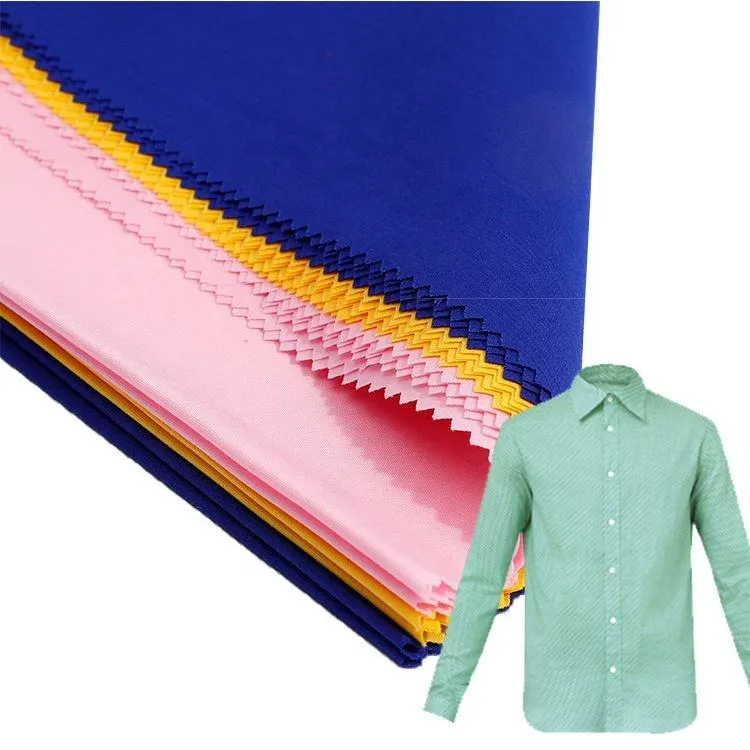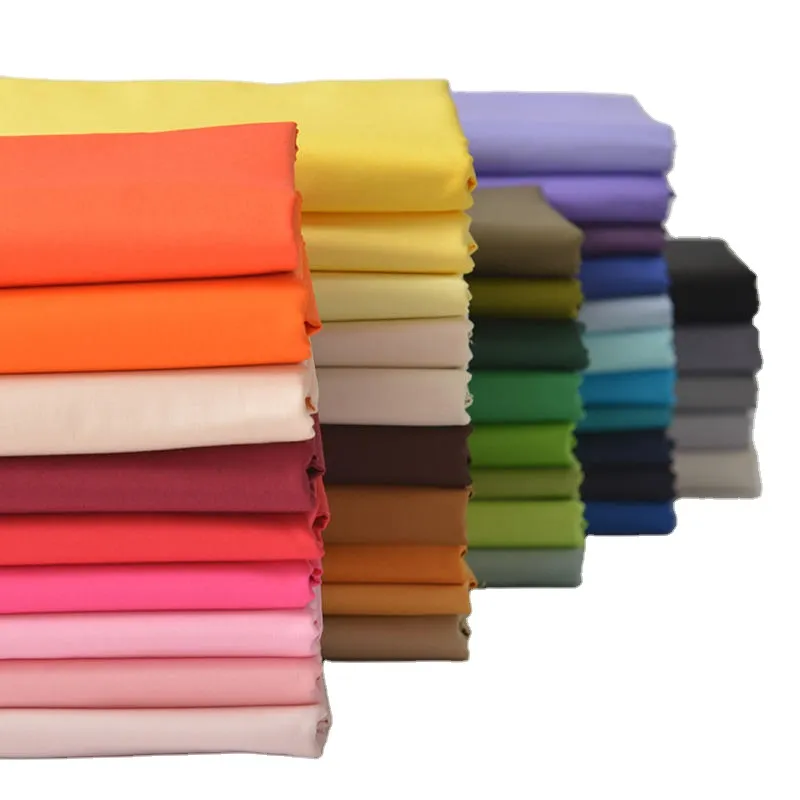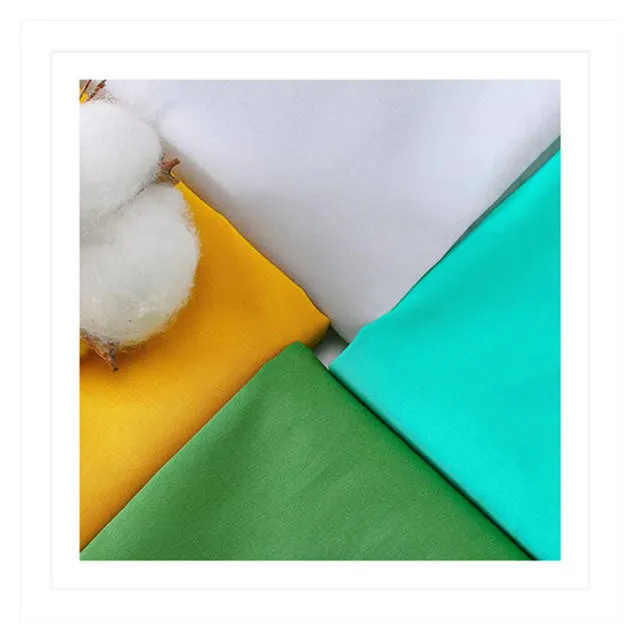
- Afrikaans
- Albanian
- Amharic
- Arabic
- Armenian
- Azerbaijani
- Basque
- Belarusian
- Bengali
- Bosnian
- Bulgarian
- Catalan
- Cebuano
- Corsican
- Croatian
- Czech
- Danish
- Dutch
- English
- Esperanto
- Estonian
- Finnish
- French
- Frisian
- Galician
- Georgian
- German
- Greek
- Gujarati
- haitian_creole
- hausa
- hawaiian
- Hebrew
- Hindi
- Miao
- Hungarian
- Icelandic
- igbo
- Indonesian
- irish
- Italian
- Japanese
- Javanese
- Kannada
- kazakh
- Khmer
- Rwandese
- Korean
- Kurdish
- Kyrgyz
- Lao
- Latin
- Latvian
- Lithuanian
- Luxembourgish
- Macedonian
- Malgashi
- Malay
- Malayalam
- Maltese
- Maori
- Marathi
- Mongolian
- Myanmar
- Nepali
- Norwegian
- Norwegian
- Occitan
- Pashto
- Persian
- Polish
- Portuguese
- Punjabi
- Romanian
- Russian
- Samoan
- scottish-gaelic
- Serbian
- Sesotho
- Shona
- Sindhi
- Sinhala
- Slovak
- Slovenian
- Somali
- Spanish
- Sundanese
- Swahili
- Swedish
- Tagalog
- Tajik
- Tamil
- Tatar
- Telugu
- Thai
- Turkish
- Turkmen
- Ukrainian
- Urdu
- Uighur
- Uzbek
- Vietnamese
- Welsh
- Bantu
- Yiddish
- Yoruba
- Zulu
Premium Carded Cotton Yarn: Soft, Durable & Versatile Textiles
Product Focus: Tc65/35 110x76 White Fabric 44 Inches Carded Cotton Quality
Product IntroductionPoplin fabric, also known as shirt fabric, pocketing fabric, Popelina, or Dacron, is a versatile material widely used for making shirts, aprons, clothing pockets, and much more. Poplin is available in diverse compositions such as 100% cotton, 100% polyester, poly-cotton, and CVC. The yarn used in this product can be both carded and combed, offering variable weights from 70 gsm to 175 gsm.
Key Specifications:
- Blending Ratio: Tc65/35 (65% Polyester, 35% Cotton)
- Yarn Count: 30s carded cotton yarn
- Density: 110x76
- Width: 44 inches
- White Fabric (Bleached)
- Typical Uses: Shirts, aprons, pockets, uniforms






Understanding Carded Cotton: Definition, Process, and Types
Carded cotton is a fundamental form of cotton yarn that undergoes the carding process—a mechanical operation which disentangles, cleans, and intermixes cotton fibers to produce a continuous web or sliver suitable for subsequent processing. The process removes most of the short fibers and aligns the remaining long fibers, which improves the consistency of the yarn. Compared with combed cotton, carded cotton is more affordable and is widely used in the production of basic fabrics and textiles.
There are several forms and applications of carded yarns, such as carded open end cotton, 30s carded cotton yarn, and carded compact yarn. These yarns can be further differentiated as per application, softness, feel, and price.
Main Parameters and Types of Carded Cotton Yarns
| Carded Cotton Type | Yarn Count Range | Twist per Inch | Strength (cN/tex) | Short Fiber Content (%) | End Use |
|---|---|---|---|---|---|
| Carded Cotton | 10s – 40s | 16 – 28 | 14 – 19 | 10 – 20 | Basic shirting, poplin, towels |
| Carded Open End Cotton | 6s – 24s | 12 – 24 | 12 – 16 | 17 – 25 | Denim, towels, knit fabrics |
| Carded Compact Yarn | 20s – 40s | 20 – 30 | 16 – 22 | 7 – 13 | High-end shirting, bedsheets |
| Combed Carded Yarn | 30s – 60s | 22 – 35 | 22 – 32 | 2 – 6 | Luxury apparel, fine fabrics |
Technology Trend: Carded Cotton Parameter Variations (ECharts Visualization)
Industry Trend: Carded Cotton vs. Combed Cotton
One of the most frequently discussed topics in the textile industry is the comparison between carded cotton and combed cotton.
- Carded cotton is coarser, containing more short fibers and impurities, yet offers cost advantages and satisfactory strength for mass-market goods.
- Combed cotton undergoes an extra combing step, removing smaller fibers and debris, creating smoother, stronger, and more lustrous yarns preferred for luxury and next-to-skin applications.
For additional discourse, refer to the Textile World – [Carded vs Combed Cotton Yarns Forum](https://www.textileworld.com/textile-world/knitting-apparel/2018/07/card-vs-combed/) and the academic publication by Textile Research Journal: [Carded and Combed Cotton Yarn: An Analysis](https://journals.sagepub.com/doi/10.1177/0040517515575985).
| Attribute | Carded Cotton | Combed Cotton |
|---|---|---|
| Softness | Medium (e.g., cotton carded soft) | High |
| Strength | Medium | High |
| Price | 30s carded cotton yarn price: Competitive | Higher (premium yarn market) |
| Appearance | More fiber ends, less smooth | Smoother, lustrous |
| Common Applications | T-shirts, poplin, towels | Dress shirts, babywear, underwear |
Key Technical Index: Tc65/35 110x76 White Fabric Carded Cotton Quality
Practical Application Scenarios for Carded Cotton Fabrics
- Shirt manufacturing, especially cost-effective uniforms and workwear
- Aprons, pocketing fabrics for apparel and industrial garments
- Basic home textiles: bedsheets, pillow covers, lightweight upholstery
- Reusable medical textiles (hospital gowns, drapes)
- Children’s clothing, casualwear where breathability is required
- Denim and towel manufacturing with carded open end cotton yarns
Professional FAQ on Carded Cotton Technology and Standards
Why Carded Cotton Remains a Textile Industry Mainstay
With its cost efficiency, good mechanical properties, and adaptability to various blending ratios, carded cotton will continue to fuel the backbone of textile production. Both global apparel manufacturers and specialty textile brands rely on carded and carded compact yarns for scalability and performance.
Hebei Bosswin Textile Technology Co., Ltd is a recognized authority in high-quality yarns and fabrics, with vast expertise in application engineering, product development, and logistics, making it a preferred partner for both local and global buyers.
For in-depth industry analyses, refer to:
- [Textile Excellence: Carded Cotton Technical Review](https://www.textileexcellence.com/tech/processing/carded-cotton-basics-and-market-potential/)
- [The India Textile Journal: Carded and Combed Yarn](https://www.indiantextilejournal.com/processing/carded-and-combed-yarn-an-analysis/)
- [Textile Learner: Difference Between Carded and Combed Yarn](https://textilelearner.net/difference-between-carded-and-combed-yarn/)
This article was written to offer expert-level insights, backed by leading industry sources and technology standards, strengthening EEAT (Expertise, Authoritativeness, Trustworthiness) principles.
-
The Versatility and Elegance of White Cotton Poplin FabricNewsJun.23,2025
-
The Luxurious Comfort of Carded CottonNewsJun.23,2025
-
Explore the Luxurious Comfort of Cotton Flannel ClothNewsJun.23,2025
-
Discover the Versatility of Cotton Poplin ClothNewsJun.23,2025
-
Bleach Cotton FabricNewsJun.23,2025
-
100 Cotton BlendNewsJun.23,2025
-
Versatile Elegance with Poplin Fabric for SaleNewsMay.15,2025
